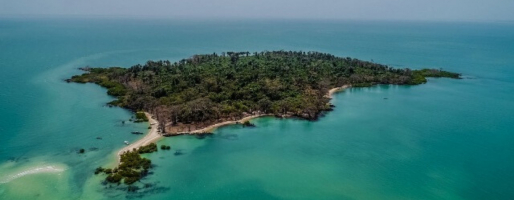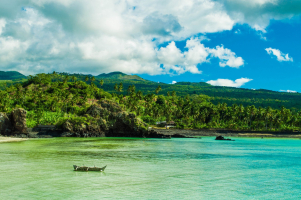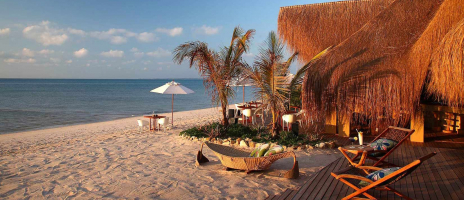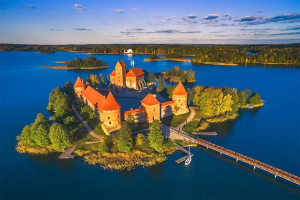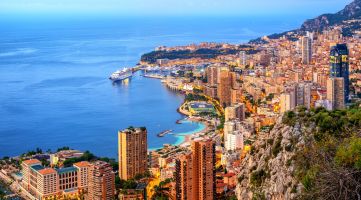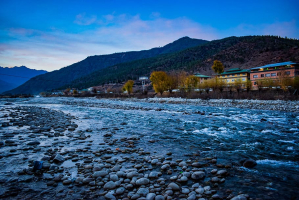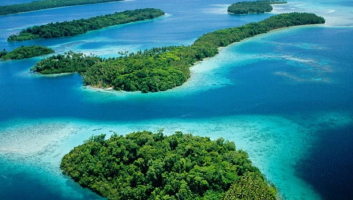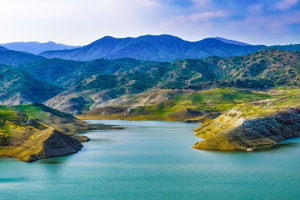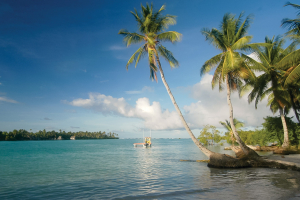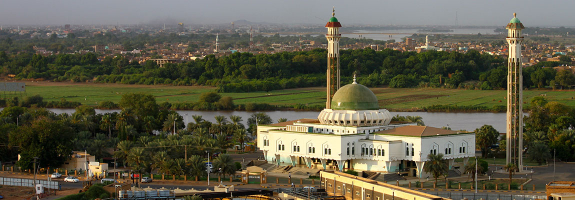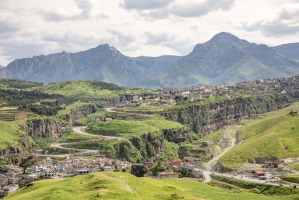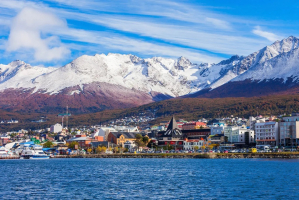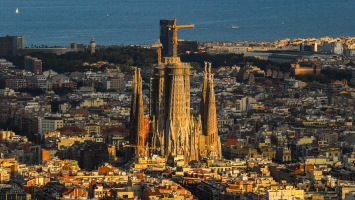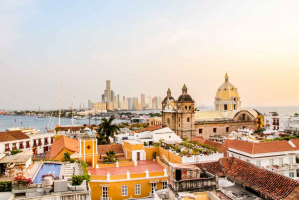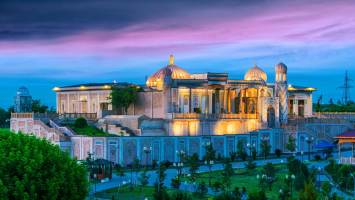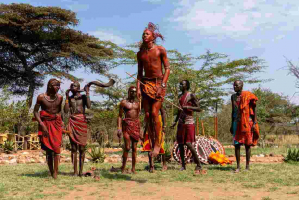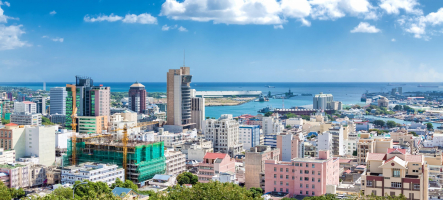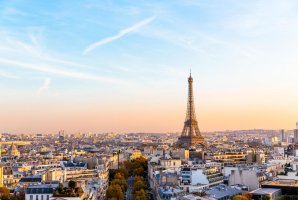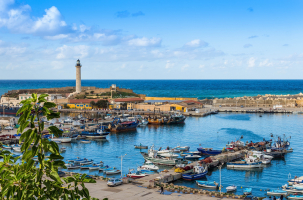Top 10 Things to Know Before Traveling to Vietnam
Do you want to learn more about Vietnam before you go? It is one of the most popular Southeast Asian destinations for travelers from all over the world, but it ... read more...isn't as popular as its neighbor Thailand, which converts many of its tourists into permanent admirers who return time and time again. While most people like Vietnam, it's a shame that many people don't realize how beautiful it is! Perhaps they were unaware of a few details or had not adequately prepared or planned. Whatever the reason, knowing a few things ahead of time will give you an idea of what to expect in Vietnam, increasing your likelihood of like and enjoying the country when you arrive. So take a look at these things to know before visiting Vietnam.
-
Visas are easy to obtain in Vietnam, and there are varying rules for different nations. You can either receive a visa on arrival or an eVisa if you have an Indian passport. A visa on arrival is also available to nationals of more than 30 countries. People published a comprehensive guide on how to obtain a Vietnam visa using an Indian passport. The post includes a link to a website that contains all additional Visa country information.
Also, if you have a UK or US passport, you can travel in Vietnam for free for the first 15 days, after which you'll need to contact the embassy to renew your passport if you want to stay longer. Similarly, multiple entries are not permitted, and if you travel to other countries such as Cambodia or Thailand and wish to return, you must have the appropriate visa.
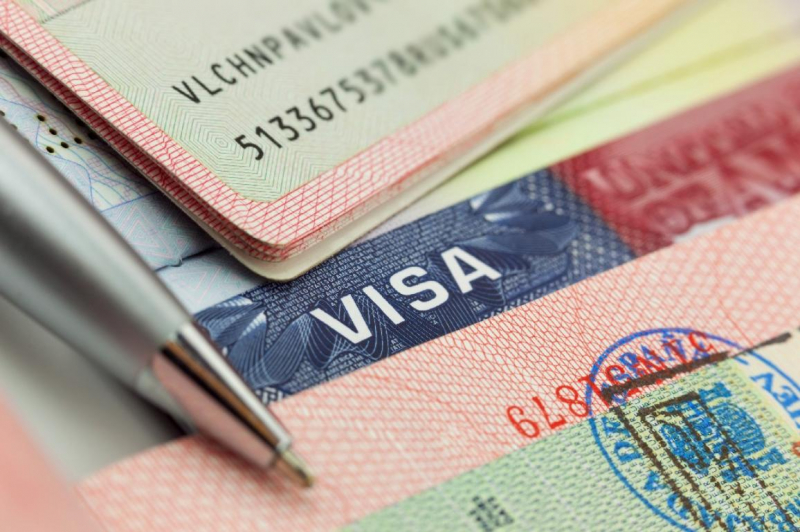
http://www.europarl.europa.eu 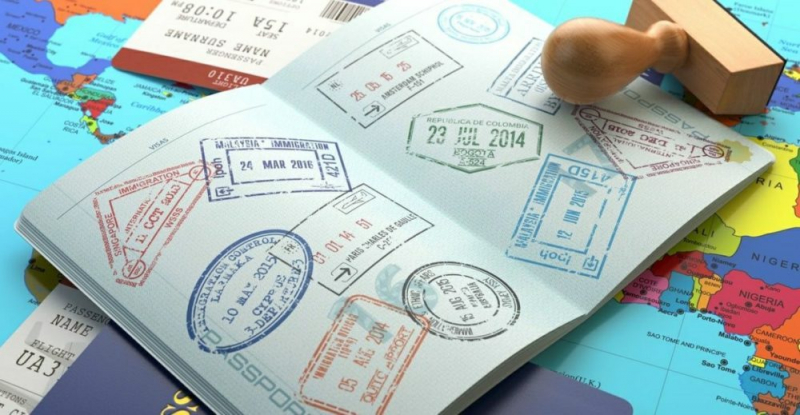
https://www.vietnam-evisa.com -
Given that Vietnam is not a small country, establishing a general schedule for your Vietnam vacation is essential. You don't plan anything in detail, but you do sketch out a route that you'd like to take in Vietnam. Three weeks is the minimal amount of time required to go from one end of Vietnam to the other.
This is close to the optimum time to visit Vietnam, as you'll need at least a month to fully tour the country. If you have less than three weeks, you will have to skip a few destinations, but the key is to consider how many places you want to visit.
You should include in travel time as well. If you're moving from one town to the next closest (which is excellent), keep in mind that there are no late-night buses available for overnight trips. Traveling to the next town takes 4 to 5 hours, and the best you can do to shorten travel time is to catch the early or last bus (around 5 to 6 PM), which still leaves time to visit sites. If you're short on time, domestic flights are almost as cheap as or less expensive than rail tickets.

https://www.headfirstbristol.co.uk/ 
https://ittybiz.com/ -
Studying and understanding Vietnam's weather is one of the most important things to know before visiting the country. With such a large country, it's only natural that the weather in Vietnam varies greatly from region to region. When I was traveling around Vietnam, it was snowing in Sapa but I couldn't stand the heat in Mui Ne! Here's all you need to know about the weather in Vietnam, divided into three regions.
Northern Vietnam: In the north of Vietnam, the winter is bitterly cold, especially in areas bordering China, with temperatures dropping to single digits and even zero degrees Celsius. Summers are hot, and there are showers on occasion. Typhoons and storms frequently accompany the rainy season, causing landslides and other natural disasters.
So, between March and May, the best time to visit the north is right after summer and before the monsoons arrive. Or between October and November, immediately after the monsoon and before the start of summer (which can be tricky given the typhoons).Central Vietnam: The weather in the central is tropical, with dry weather lasting from January to August and monsoons arriving in August and lasting until November, giving travelers a window from October to January to visit.
Southern Vietnam:As you travel south in Vietnam, the climate becomes more tropical, with two distinct seasons, the rainy and the dry, which are similar to those in central Vietnam, making it perfect for travel between December and April.
Typhoons in Vietnam: And going into Vietnam without being aware of them is a major risk. Although it is impossible to anticipate typhoons years in advance, most countries are aware of their impending approach and prepare appropriately. Check the weather forecast for typhoons online.
Typhoons are common in Central and South Vietnam between August and November, causing flooding, whereas typhoons arrive a little earlier in the north, around late June or July. Overall, October is a stormy month across the country, with typhoon season ending around December each year.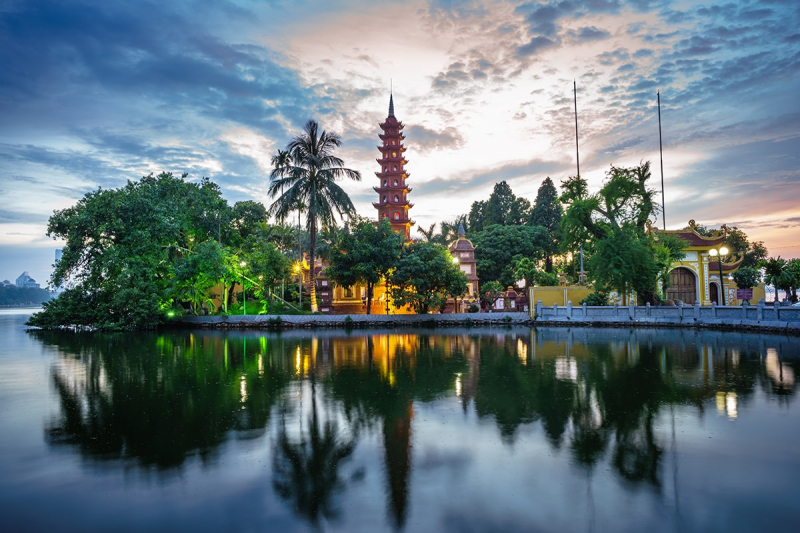
https://exclusives.webjet.com.au/ 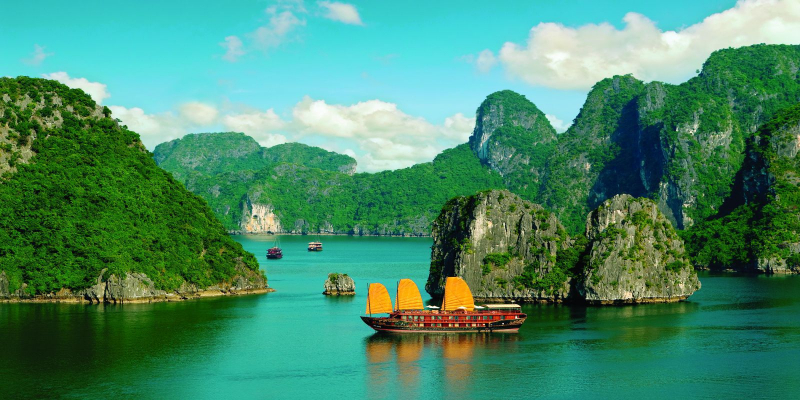
http://www.srtravelexpress.com/ -
One of the most important things to consider before visiting Vietnam is determining the optimum time to go, which is highly subjective. Because the country's weather varies by region, it is the most important factor to consider. And, while Vietnam is great for travel throughout the year, the optimum time to visit is determined on the experiences you seek.
Spring, between February and April, and autumn, between August and October, are the finest times to visit Vietnam. This is when there are a lot of people traveling. Furthermore, sites can be costly and in high demand, excursions can fill up rapidly, and haggling may not be possible. However, if you wish to spend your summer in Vietnam, you have several options.
If you want to spend the summer in Vietnam, the best time to visit is between February and June, when airplane tickets, lodgings, and tour packages are all significantly cheaper.
- Overall, the best months to visit north and northeast Vietnam are October to April, however December and January can be rather cold. The months of September and November, as well as March and May, are ideal for hiking in Sapa and the surrounding areas of Mu Cang Chai.
- The greatest time to visit these locations in central Vietnam is from late November to May, when the rains and typhoons are at their lowest. Summer, on the other hand, would be prevalent during this time. If you do not enjoy the summer, you will not appreciate coming here during this time.
- The best season to visit South Vietnam is the same as it is in the central regions: late November to May, with the months of February and May being the hottest.
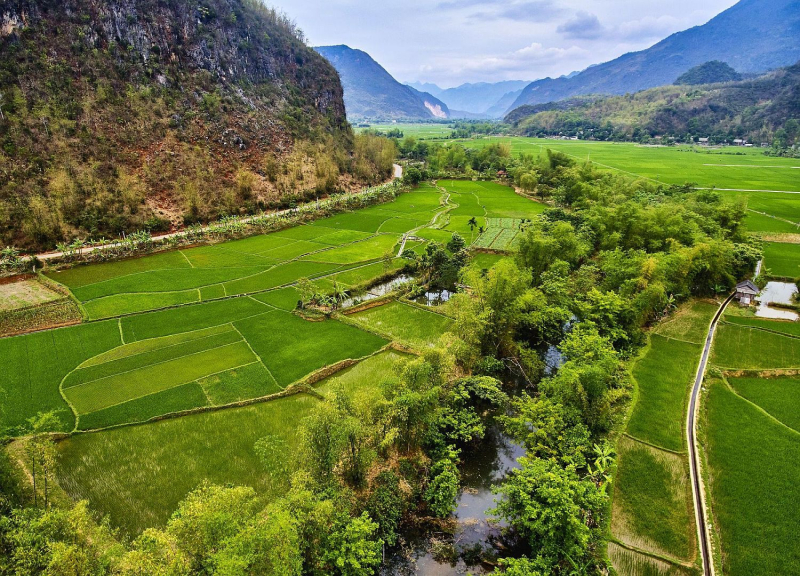
https://earthtravelunlimited.net/ 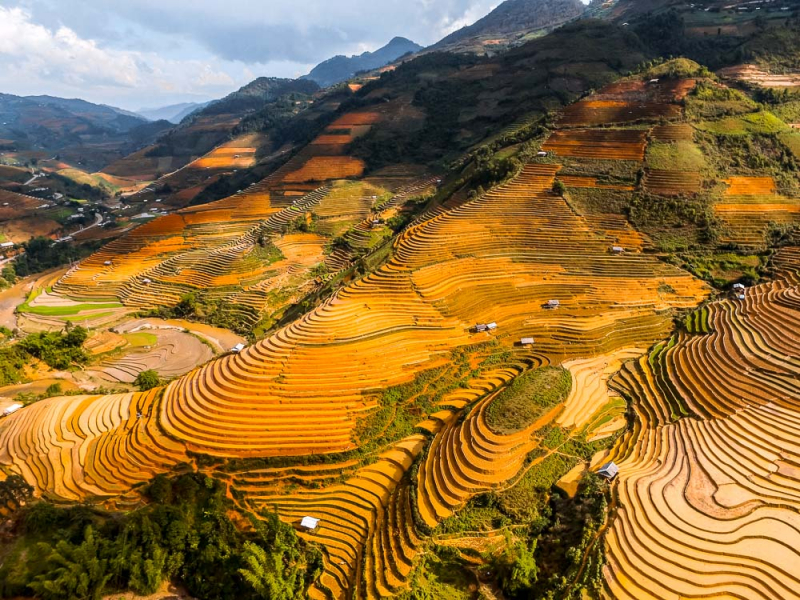
https://traveltomtom.net/ -
The tourist industry is a major contribution to the Vietnam's economy. Vietnam is a tourist destination that promotes itself far too brilliantly. So much so that, in many cases, you will only discover that they are overvalued after you have spent your money and time on them. Every country, and Vietnam is no exception, has a list of places that are over-hyped. Of course, it differs from one person to the next.
Halong Bay is one of Vietnam's most popular tourist destinations, and many people believe it is overcrowded and overdone. It is certainly lovely, but when locals sell it, there is some hyperbole.
Trips to the Mekong Delta in the south near Ho Chi Minh City, as well as several sights in cities like Mui Ne, Danang, and Phong Nha, are all recommended. So, take the list of attractions with a grain of salt when deciding whether or not an attraction or a city is truly worth your time and money.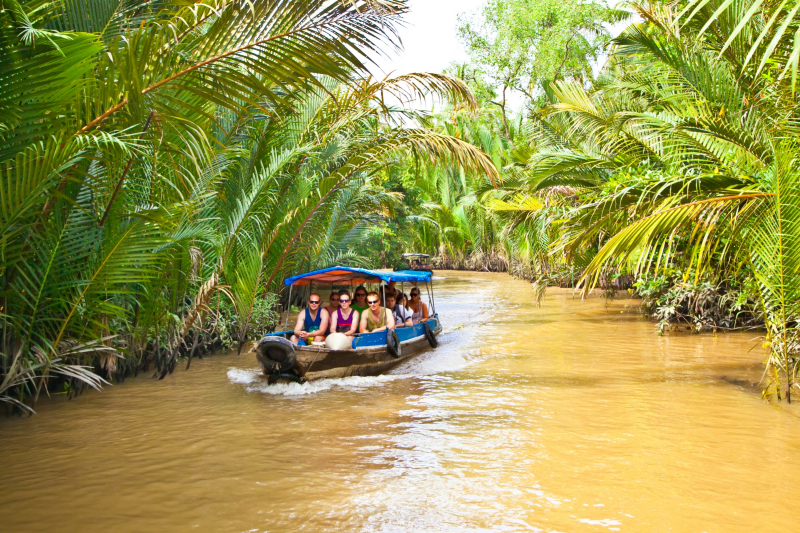
http://www.asiavacationgroup.com.au/ 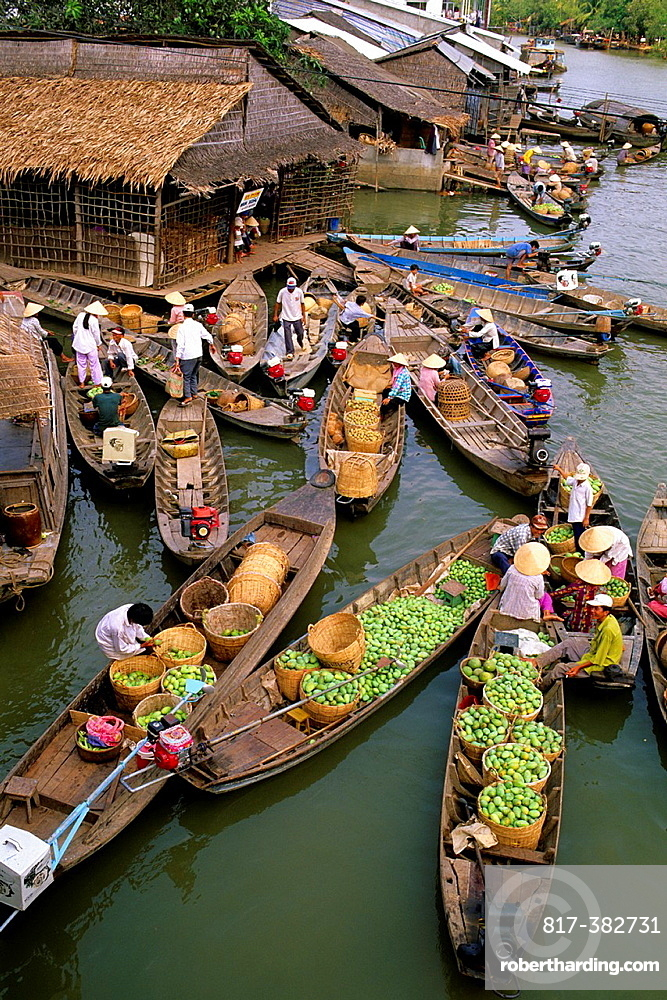
https://www.robertharding.com/ -
The best things to do in Vietnam, the places to see, and the experiences to have are yet undiscovered and uncommercialized! So if you get off the beaten path and build your own eccentric trail, you'll find some of Vietnam's best destinations, which are amazing, inexpensive, and real.
Head to the north and north-east of Vietnam if you want to see green fields, terraced paddy farms, and wildflowers. If you enjoy mountains, middle Vietnam, away from the coast, will captivate you. Similarly, regions near renowned cities in the south have a lot to offer vacationers.
Despite the fact that the excursions are dependable, they should only be used as a last alternative. In general, traveling individually in Vietnam is less expensive. So only take excursions in extreme circumstances or when you believe that going alone would be more expensive.
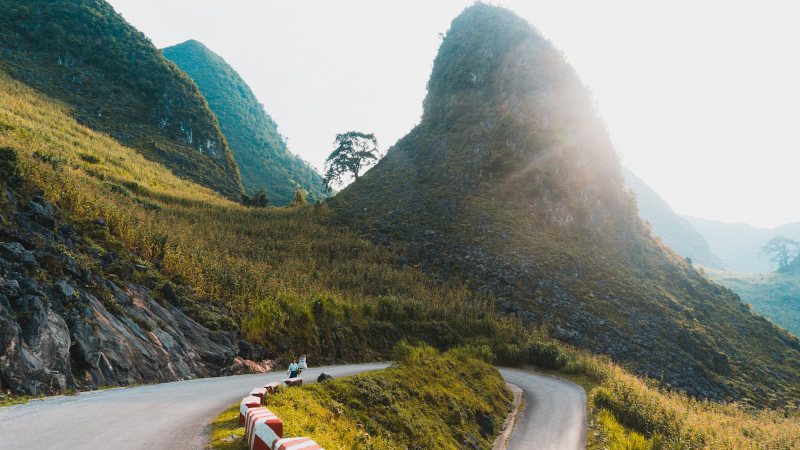
https://bikudotravel.com/ 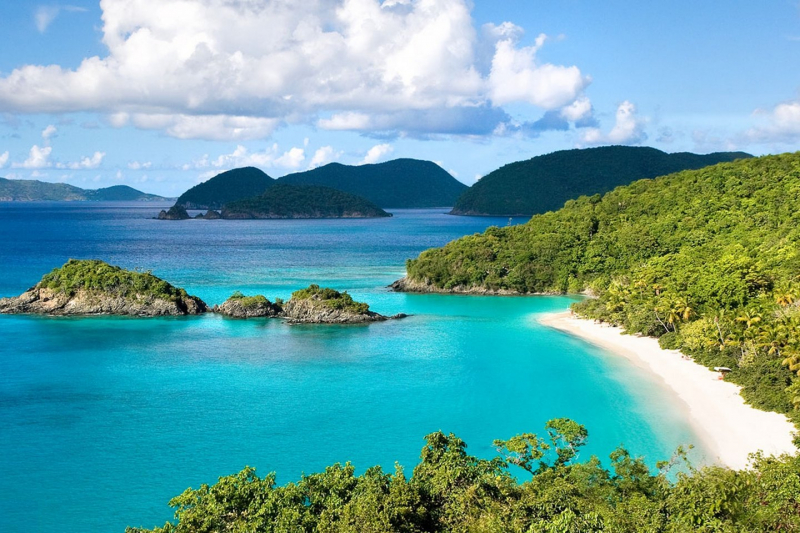
http://www.saigontourism.com.vn/ -
Vietnam's cuisine might best be described as a foodie's heaven. If eating is a big part of your travels, you're in for a treat in Vietnam. You can't help but fall in love with Vietnamese food, whether you're dining in a fine restaurant in Hanoi or searching for seafood in local cafes in Mui Ne.
Whether you want a basic noodle soup or a famous seafood specialty, Vietnamese chefs are skilled at combining flavors to create the right dish. In Vietnam, people can enjoy the most simple yet wonderful noodle soup of their life for less than two dollars.
There's more to Vietnamese cuisine than Banh Mi – the baguette sandwich – and the classic Pho, which comes in a variety of flavors (and tastes different in each location!). I tried a variety of Vietnamese foods, but I can't remember the names of any of them!Street cuisine in Vietnam is something you should not miss out on. It makes little difference where you go, but make a point of visiting the local markets to sample the street cuisine. There's nothing special here, although there are a few modest tables set up on the sidewalk or in front of the business, which includes a small kitchen. A large number of locals eat there. These are the telltale indicators of great street cuisine in Vietnam's cities.
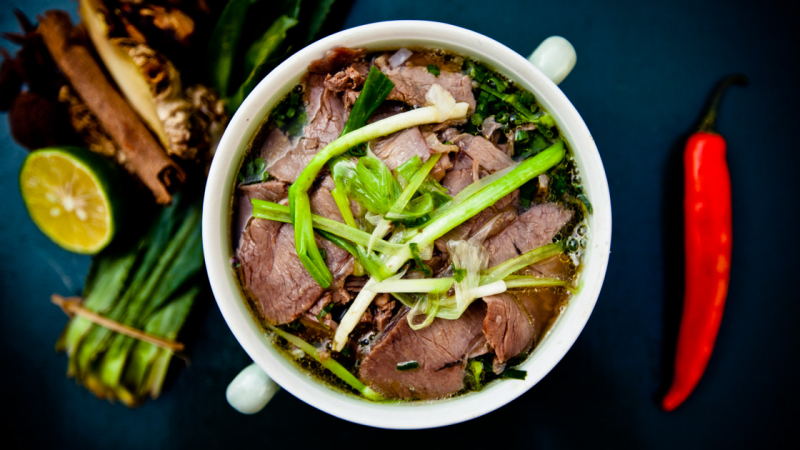
https://vietnam.travel 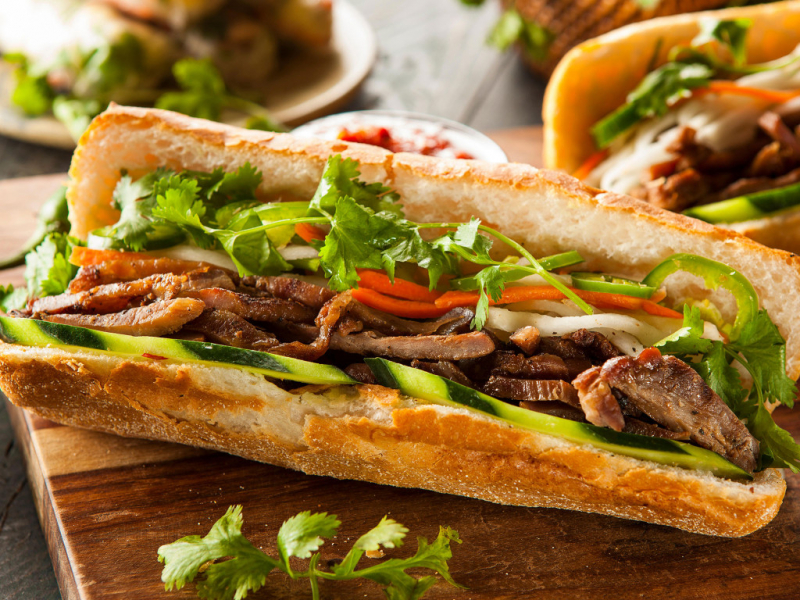
https://www.vietnamvisa-easy.com/ -
Street cuisine in Vietnam is something you should not miss out on. It makes little difference where you go, but make a point of visiting the local markets to sample the street cuisine. There's nothing special here, although there are a few modest tables set up on the sidewalk or in front of the business, which includes a small kitchen. A large number of locals eat there. These are the telltale indicators of great street cuisine in Vietnam's cities.
US dollars are widely accepted practically everywhere, however if you want to exchange them, keep an eye on the currency conversion rates. There are numerous shops that provide money exchange services. However, because rates vary, it is best to inquire at several places before making a decision. Avoid using the airport's exchange.
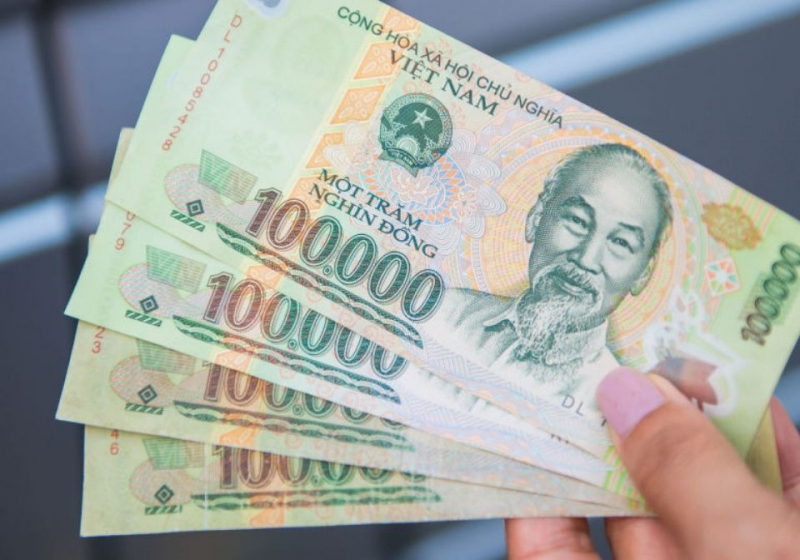
https://www.indochinavoyages.com 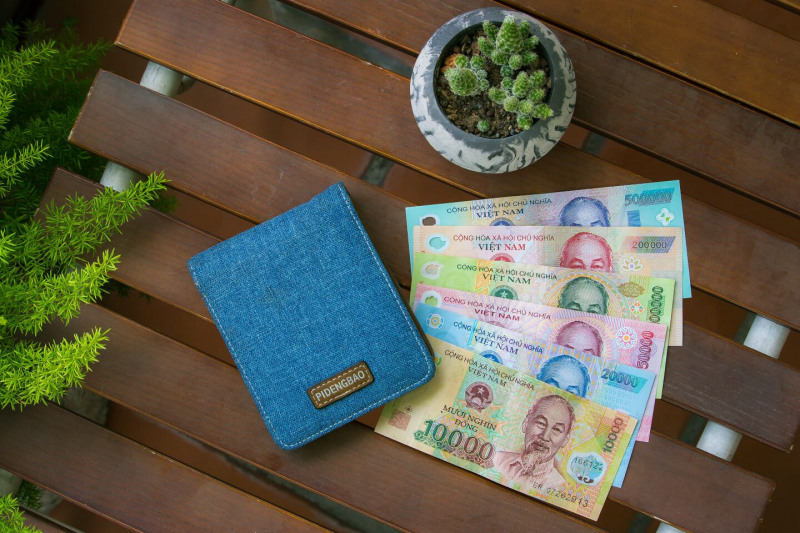
https://www.pinterest.com/ -
Although cash reigns supreme in Vietnam, ATMs are not located in every city. Of course, the larger towns are an exception, but even in 2018, there are just a few in places like Phong Nha and Tam Coc. So keep enough cash on hand while visiting larger cities to cover off-the-beaten-path/smaller villages.
Also, make sure you have some dollars that you can exchange for VND before you start your journey. It's preferable if you can buy Dong before you arrive, but because they're hard to come by, get some cash, preferably in USD. Euros or pounds can also be exchanged, albeit the US dollar is the most generally recognized currency after the Vietnamese dong. This is definitely one of the top Things to Know Before Traveling to Vietnam.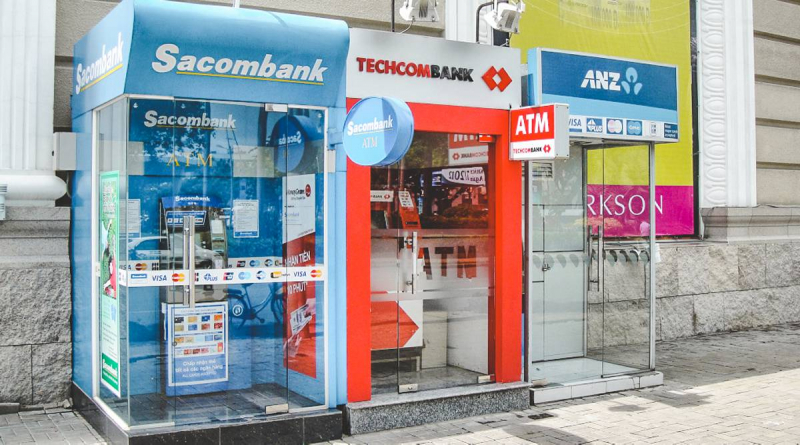
https://localvietnam.com/ 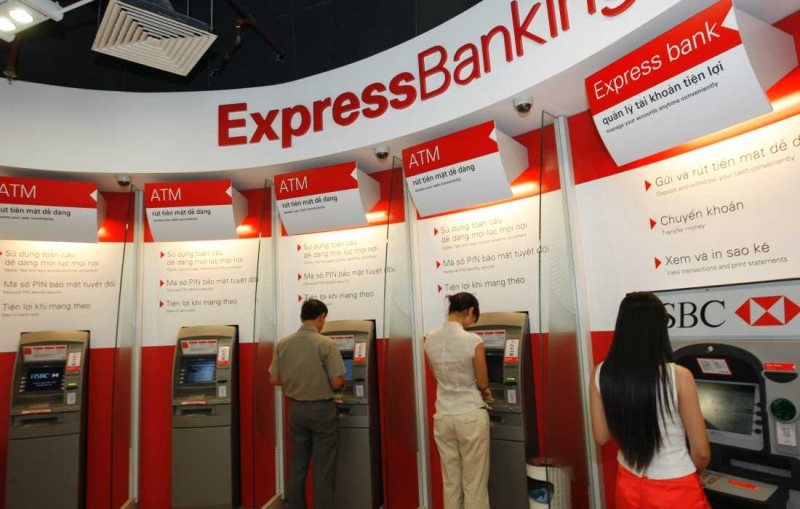
https://www.holidify.com/ -
According to the country's top network security official, public Wi-Fi is fundamentally insecure, and such services in various Vietnamese cities are not immune. Hackers can intercept user information like as accounts, passwords, or credit card numbers in WiFi-friendly locations such as Da Nang, Hai Phong, Hoi An, or Ha Long, according to BKAV Corporation in a report released last month.
If you're a digital nomad or work while traveling, Vietnam is a great country to visit because Wifi is available in almost every town. Although not as fast as in Thailand, the Wifi is adequate for getting work done, making video calls, or simply enjoying yourself! Almost all hostels and motels have excellent internet access. If you only require the internet, you can also avoid purchasing a local sim. This is definitely one of the top Things to Know Before Traveling to Vietnam.
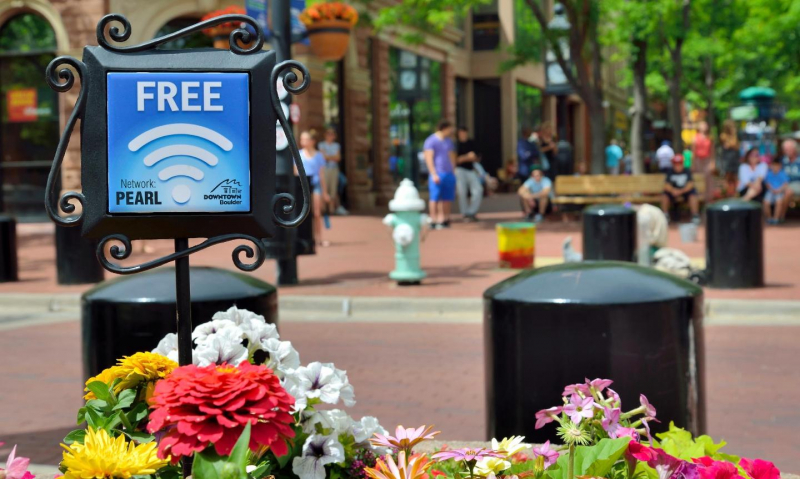
https://www.rmit.edu.au/ 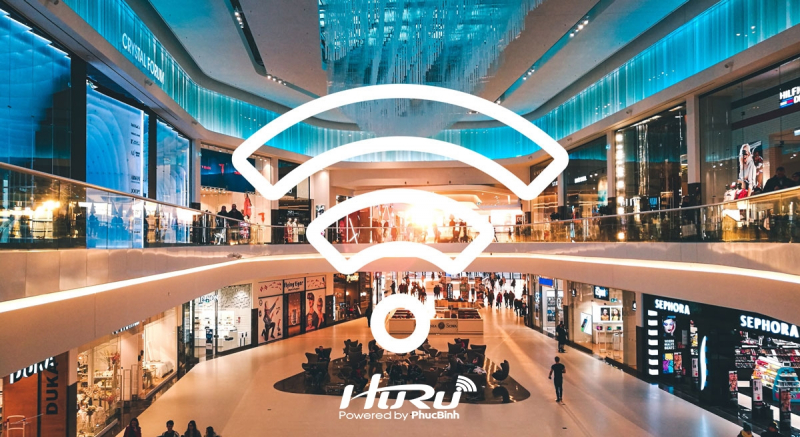
http://phucbinh.com.vn/












